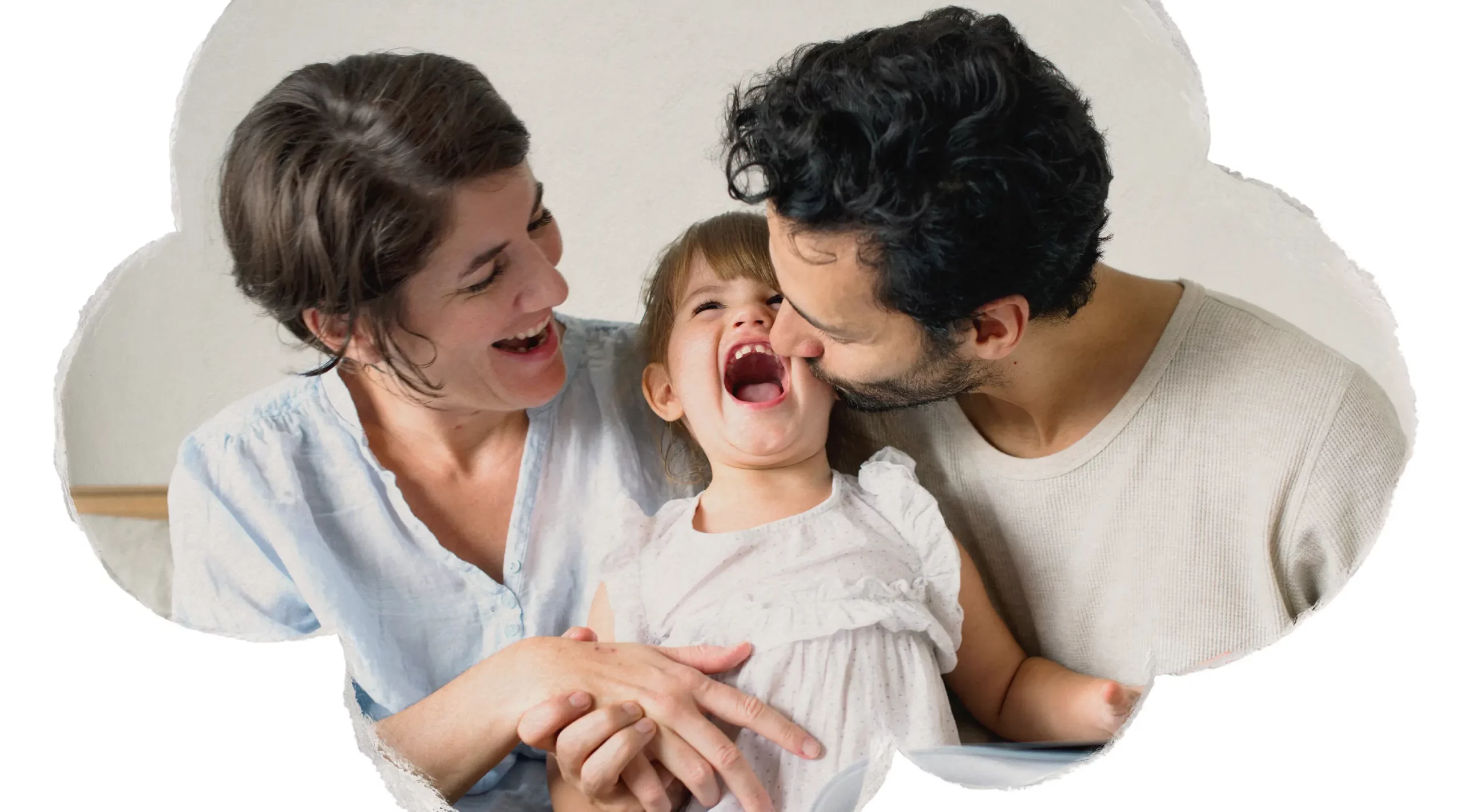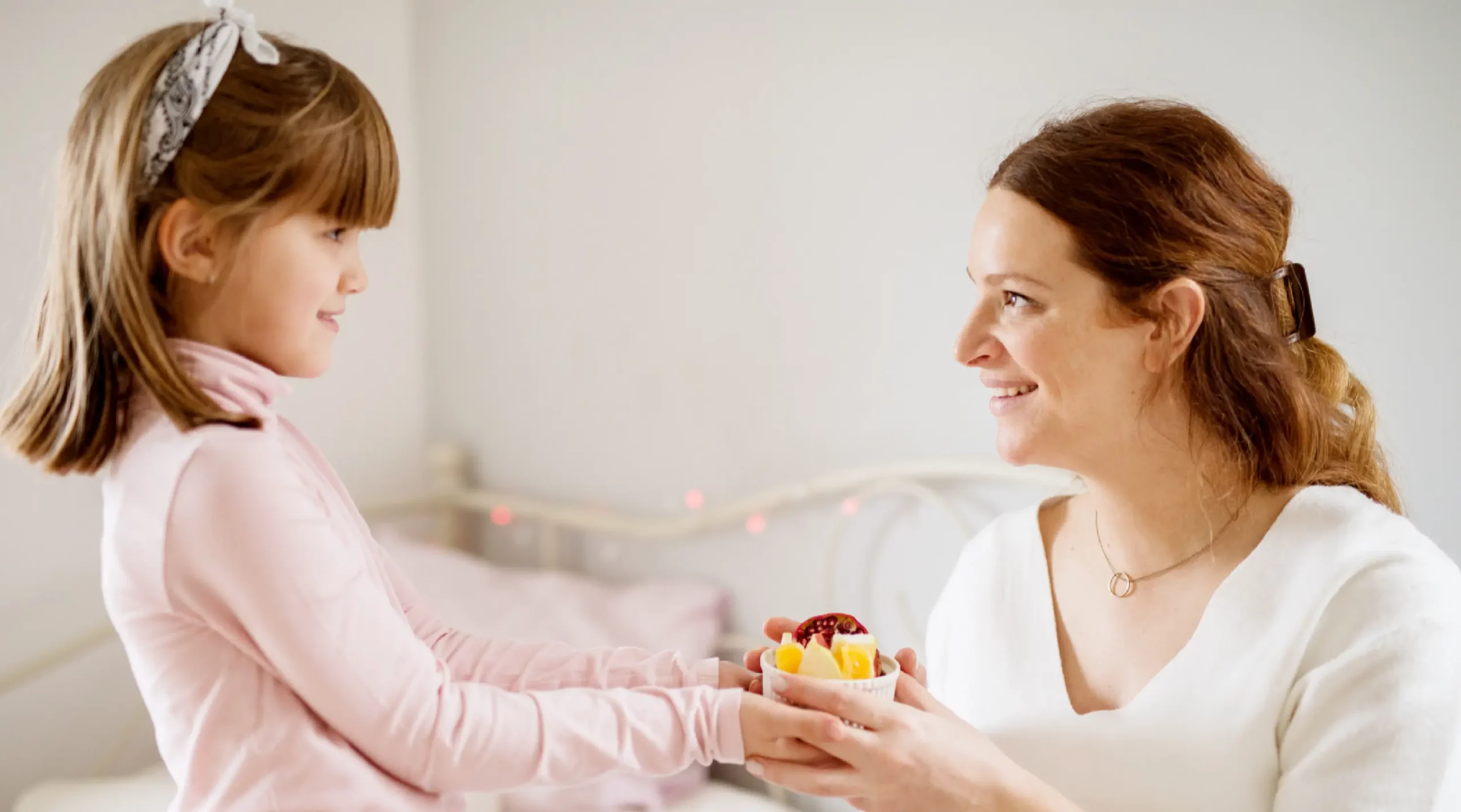Partner and Family Support: How Loved Ones Can Help with Postpartum Depression
The arrival of a newborn brings immense joy and excitement, but it also introduces new challenges for both mothers and their families. Postpartum depression (PPD) is a common mental health condition that affects approximately 1 in 7 new mothers, often leaving partners and family members unsure of how to respond. While mothers navigate emotional and physical changes, the support of loved ones can play a critical role in recovery. Understanding PPD, recognizing its symptoms, and providing compassionate assistance are essential steps for partners, family, and friends.Understanding Postpartum Depression
PPD goes beyond the “baby blues,” which typically last only a few days after delivery. It is characterized by persistent sadness, anxiety, and fatigue that can interfere with daily functioning and the ability to bond with the baby. Symptoms may include:- Persistent feelings of sadness or emptiness
- Irritability or anger
- Extreme fatigue and sleep difficulties
- Loss of interest or pleasure in usual activities
- Anxiety and excessive worry about the baby or self
- Changes in appetite
- Thoughts of self-harm or harming the baby (urgent medical attention required)
The Role of Partners and Family
Family members, especially partners, are often the first line of support for a mother experiencing PPD. Their involvement can influence recovery and foster a nurturing environment. The support can be emotional, practical, or social:1. Emotional Support
- Active Listening: Encourage the mother to share her feelings without judgment. Sometimes, simply being heard is therapeutic.
- Validation: Acknowledge that postpartum depression is a real and treatable medical condition, not a reflection of her love for the baby.
- Encouragement: Offer positive reinforcement, patience, and reassurance that seeking help is a sign of strength.
2. Practical Support
- Household Assistance: Help with chores, cooking, and errands to reduce daily stressors.
- Baby Care: Take turns with feeding, diaper changes, or soothing the baby, allowing the mother time to rest and recover.
- Scheduling Appointments: Assist with arranging doctor visits, therapy sessions, or support group meetings.
3. Social Support
- Family Involvement: Encourage visits or calls from supportive relatives or friends who understand the challenges of early motherhood.
- Community Engagement: Help the mother join local or online postpartum support groups for peer interaction.
- Respite Opportunities: Arrange short breaks or childcare support to allow the mother time for self-care.
Recognizing Signs That Require Immediate Attention
While mild mood swings may be manageable, certain symptoms require urgent intervention:- Persistent feelings of hopelessness or severe sadness
- Thoughts of self-harm or harming the baby
- Inability to care for oneself or the baby
- Extreme withdrawal from family and social interactions
Effective Communication Strategies
Communication plays a vital role in supporting a mother with PPD:- Use “I” Statements: Express care without blaming. For example, “I am worried about you and want to help.”
- Avoid Judgment: Phrases like “Just cheer up” or “You should be happy” can worsen feelings of guilt or inadequacy.
- Encourage Professional Help: Gently suggest therapy, counseling, or medical intervention when needed.
- Check-in Regularly: Daily small conversations can build trust and help monitor emotional well-being.
Creating a Supportive Home Environment
A nurturing environment can significantly reduce stress and promote healing:- Calm and Predictable Routine: Maintain consistent daily schedules to reduce anxiety for both mother and baby.
- Positive Atmosphere: Encourage open discussions, celebrate small achievements, and foster gratitude.
- Healthy Lifestyle: Prepare nutritious meals, encourage rest, and promote gentle physical activity when appropriate.
- Shared Responsibilities: Ensure that household and parenting tasks are distributed fairly to prevent caregiver burnout.
Encouraging Self-Care
Mothers experiencing PPD often prioritize their baby’s needs over their own. Loved ones can encourage self-care by:- Promoting Rest: Encourage naps or early bedtime without guilt.
- Facilitating Exercise: Suggest short walks or gentle yoga, or join her in activities for motivation.
- Supporting Nutrition: Prepare balanced meals and remind her to stay hydrated.
- Encouraging Personal Interests: Allocate time for hobbies, reading, or social interaction.
The Importance of Partner Involvement in Bonding
Partners can actively participate in creating a strong emotional connection with the baby, which also eases the mother’s stress:- Skin-to-Skin Contact: Hold the baby close to promote attachment and reduce anxiety.
- Playtime Participation: Engage in age-appropriate interactions to share caregiving responsibilities.
- Co-Parenting Decisions: Collaborate on feeding schedules, sleep routines, and other parenting tasks.
Leveraging Professional Support
While family support is critical, professional guidance is equally important:- Therapists and Counselors: Can help the mother navigate emotions, develop coping strategies, and provide structured support.
- Support Groups: Facilitate peer learning and shared experiences.
- Medical Professionals: Doctors can assess the need for medication or further interventions.
Tips for Maintaining Long-Term Support
PPD recovery is a gradual process. Sustained support requires consistent effort:- Monitor Progress: Observe mood changes and celebrate improvements, no matter how small.
- Maintain Open Dialogue: Continue conversations about feelings, challenges, and needs.
- Adapt Responsibilities: Adjust household or caregiving duties as recovery progresses.
- Encourage Community Engagement: Introduce the mother to parenting classes, workshops, or online communities for ongoing support.
- Educate Yourself: Learn about PPD, treatment options, and strategies to provide effective support.




